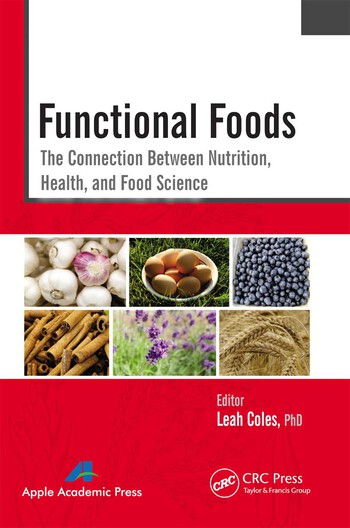Green Tea is Gold - May 2007

Some commercial products that have antioxidant statements include Lipton Green Tea (RTD), which states, “Contains 75mg Protective Flavonoid Antioxidants” (equal to approximately 33mg EGCG); Lipton’s Decaffeinated green tea bags, stating “Contains 105mg Protective Flavonoid Antioxidants” (equal to approximately 47mg EGCG; see www.lipton.com/our_products/iced_tea/ice_green_citrus.asp); or Kashi (Kellogg’s) Heart to Heart Cereal with Green Tea Antioxidant, which “Contains 100mg Decaffeinated Green Tea Extract” (equal to approximately 40mg EGCG; see www.kashi.com).
The antioxidant components, specifically EGCG, of green tea extracts are the main sought-after ingredients for health benefits, but there are other active compounds in green tea that may contribute to good health. Additionally, a range of flavors and colors from various extracts might contribute to the end formulation (Nagle, DG, et al. 2006. Phytochemistry. 67:1849-55).
What most developers do not know is that there are differences between the types of extracts available for various food applications, which can be chosen depending on the unique flavor, color and desired health benefit of the application. This is why Taiyo has developed an award-winning line of standardized green tea ingredients specifically for food, beverage and dietary supplement developers. For example, Sunphenon® 90LB is an extract that is specifically designed for use in beverage applications. It has very high levels of EGCG and catechins and is produced using a proprietary process that greatly reduces bitterness and improves solubility and clarity in solution. For foods or beverages with a fresh green tea flavor appeal, Sunphenon® 30S (polyphenols >30%, catechins >20%, caffeine <8%) imparts an excellent tea taste (Japanese variety) with good stability in beverages.
Beyond antioxidant claims, green tea may be added for its weight loss benefits, since numerous controlled clinical studies have shown benefits of green tea, especially that which is high in EGCG as well as containing caffeine. For example, in a 2005 study (Westerterp-Plantenga, MS, et al. 2005. Obes Res. 13:1195-204), a green tea mixture (with 270mg EGCG and 150mg caffeine—equivalent to SP90M of 600mg daily) improved weight loss and weight maintenance. In another study (Nagao T, et al. 2005. Am J Clin Nutr. 81:122-9), a tea rich in catechins and caffeine (136mg EGCG and 78mg of caffeine equivalent to 300mg/day of SP90M) was able to reduce body fat. According to Scott Smith, vice president of Taiyo, “As the sophistication of the consumer increases and green tea becomes more sought after for its various health benefits, it will be important to choose the right green tea for the formulation.” Taiyo has established itself as a leader in emulsifiers, stabilizers, egg- and tea- based ingredients and has won awards for its green tea product line. They differentiate themselves as a company that can help food developers navigate the formulation challenges of green tea products that are also highly functional.
For more information:
Taiyo International, Minneapolis
Scott Smith, 763-398-3003, scott@taiyoint.com, www.taiyointernational.com
FDA's Thumbs-Up
The FDA has sent a “letter of no objection,” the most desired response, to Taiyo regarding the self-affirmed GRAS status of the company’s enantiomerically pure L-theanine, marketed as Suntheanine®, which is produced via a patented enzymatic fermentation method. An independent panel of scientific experts affirmed the safe use of Suntheanine in food and beverage categories up to 250mg per serving, with no limitations on the maximum number of servings.Clinical studies support Suntheanine benefits, among other things, in stress reduction, the promotion of relaxation without drowsiness, to improve sleep quality, concentration and the ability to reduce the “jitters,” a negative side effect of caffeine. www.theanine.com
Looking for a reprint of this article?
From high-res PDFs to custom plaques, order your copy today!







